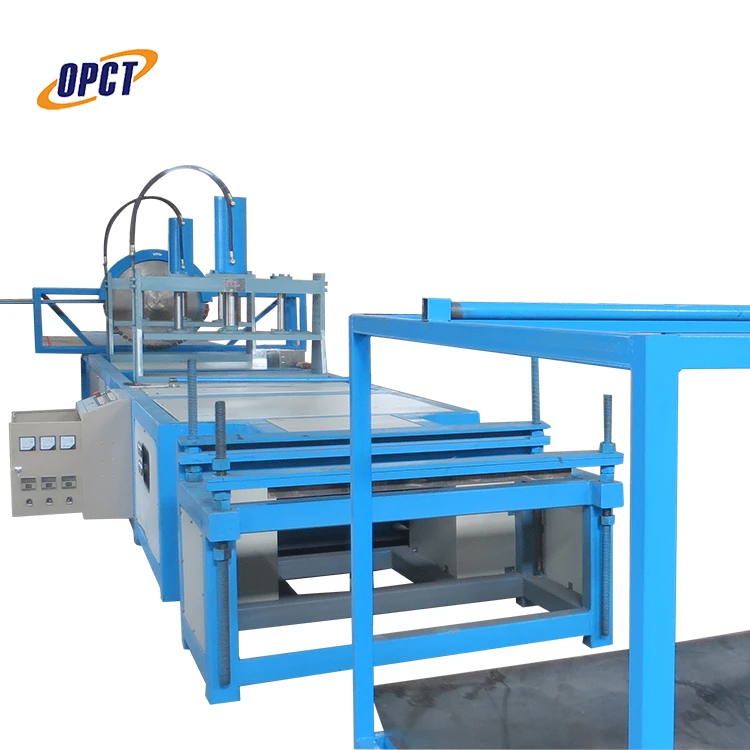Fiberglass pipe flanges serve as essential components in modern piping systems, offering a blend of durability, corrosion resistance, and versatility. These attributes make them indispensable in various industries, including oil and gas, chemical processing, water treatment, and more. To fully grasp why fiberglass pipe flanges are becoming increasingly popular, it's crucial to explore their advantages, applications, and considerations for usage.

Fiberglass pipe flanges are manufactured using a reinforced polymer matrix that typically consists of glass fibers and resin. This combination grants these flanges unique properties that make them suitable for challenging environments.
One of the primary benefits of using fiberglass flanges is their outstanding corrosion resistance. Unlike traditional metal flanges, fiberglass does not rust or corrode, making it an excellent choice for transporting corrosive fluids or being used in harsh environmental conditions such as coastal regions.
Moreover, fiberglass pipe flanges are notably lightweight yet strong. Their high strength-to-weight ratio facilitates easier handling and installation, which can significantly reduce labor costs and time. This characteristic also minimizes the structural load on piping systems, making fiberglass flanges an ideal choice for projects where weight considerations are crucial, such as in offshore platforms or large-scale chemical plants.

These flanges are also highly customizable, offering flexibility in design to meet specific requirements. Fiberglass can be molded into various shapes and sizes, allowing engineers to create bespoke solutions tailored to particular applications. Customization extends beyond physical dimensions to include resistance to different temperatures and pressures, providing a level of adaptability that can enhance performance and longevity.
The application range of fiberglass pipe flanges is extensive. In the oil and gas industry, they are used for pipeline connections that must withstand severe conditions and corrosive substances, such as hydrogen sulfide-rich environments. Chemical processing plants benefit from their use as they require materials resistant to chemical reactions and low maintenance. Water treatment facilities use fiberglass flanges because they offer resistance to chlorine and other disinfectants, contributing to long-term reliability and safety.
fiberglass pipe flanges
In terms of expertise, working with fiberglass pipe flanges requires specific knowledge and skills to ensure proper selection and installation. An understanding of the interaction between the flange material and the substances it will be exposed to is critical. This awareness helps prevent premature failure and ensures the safe and effective operation of the piping system. Engineers and designers must also be familiar with relevant standards and specifications, such as those set by the American Society of Mechanical Engineers (ASME) and the American Society for Testing and Materials (ASTM), to ensure compliance and safety.
Authoritativeness comes from years of research and development in producing fiberglass materials and their applications in pipe flanges. Reputable manufacturers employ rigorous testing and quality control procedures to adhere to stringent industry standards. This thorough scrutiny ensures that each product delivered is of the highest quality, capable of meeting demanding operational conditions.
Trustworthiness in using fiberglass pipe flanges is built upon the track record of successful installations and satisfied customers. Companies that provide comprehensive support, from product selection to after-sales service, add layers of confidence for end-users. Testimonials and case studies from industry peers further validate the dependability of fiberglass flanges, positioning them as a trusted component in modern piping solutions.
Installing fiberglass pipe flanges requires attention to detail and adherence to best practices to optimize performance. Ensuring proper alignment, correct tightening of bolts, and using compatible gaskets are fundamental to achieving leak-free connections. Regular inspections and maintenance also contribute to extending the service life of the flanges.
In conclusion, fiberglass pipe flanges represent a forward-thinking solution in piping systems. Their inherent properties of corrosion resistance, strength, lightweight, and versatility address many challenges posed by traditional materials. By understanding their advantages, breadth of applications, and the expertise required for their use, industries can enhance both system performance and safety, making fiberglass pipe flanges an astute investment for the future.




